7 Plants to Rid You of Pesky Mosquitos
Summertime is here and with the warm nights, the backyard barbecues, and the buzzing of thunderstorms that dot humid horizons, the conditions will also be perfect for our tiny, hungry winged friends — the mosquitos! A savvy DIY-er knows that there are healthier, cleaner, and cheaper ways to rid ourselves of those pesky bugs. You can even dress up your yard in the process!
Skip the chemicals, skip the garlic rubs, and skip the itchy bites with these 7 mosquito-repelling plants!
Citronella oil
Citronella oil is the most commonly used ingredient in natural repellants. With a strong lemony scent, a few of these plants in your yard or patio are both a nice decoration and a good odorizer. It is said that by crushing the leaves of these plants, one can make a rub to help ward
Off the mosquitos. Often seen in stores as “citrosa geranium” or “mosquito plants,” these species can grow in the ground or in large planters. They can’t withstand a frost, so warmer climates are best. They require low maintenance and can be placed directly in the sun.
Lemon Grass
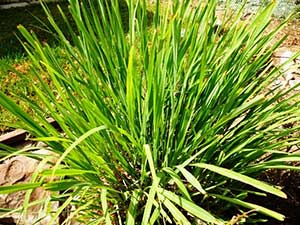
Lemon Grass is very similar to the citronella plant, but has a few important distinctions. First of all, they differ in coloration. To tell whether you’re dealing with citronella or lemon grass, check to see if the stems appear red at all. If there is a reddish tint, especially at the bottom of the stacks, then you know you have citronella.
Lemon grass is a green, aromatic, and very useful plant which, unlike citronella, you may want to use for tea or for cooking. This herbal plant has a strong, lemony scent. Since these plants are in the same family, mosquito repelling properties and maintenance requirements for citronella and lemongrass are very similar. They’re easy to grow, smell great, and you can use lemon grass for a variety of teas, remedies, and ingredients in your curry and soups!
Lemon balm
Lemon balm is a member of the mint family and any kind of mint will give off a strong smell which deters mosquitos. Plant a few in your garden or around your patio to keep those mosquitoes at bay. Containing the compound, citronellal, lemon balm has similar mosquito deterring effects to citronella and gives off a lovely, lemony scent.
You can not only use lemon balm for its benefits as a plant in your yard, but you can also crush it to make it into a wearable repellant, or use it to calm your nerves, promote sleep, and aid in digestion. Its scent can have anxiety-reducing effects as well. As it is in the mint family, lemon balm is a vigorous plant which may compete with others in your yard. The good thing? You won’t have to do much to help them grow!
Summertime is here and with the warm nights, the backyard barbecues, and the buzzing of thunderstorms that dot humid horizons, the conditions will also be perfect for our tiny, hungry winged friends — the mosquitos! A savvy DIY-er knows that there are healthier, cleaner, and cheaper ways to rid ourselves of those pesky bugs. You can even dress up your yard in the process!
Skip the chemicals, skip the garlic rubs, and skip the itchy bites with these 7 mosquito-repelling plants!
Catnip oil
Catnip oil is one of the most effective natural oils in repelling mosquitos. Research is very encouraging when it comes to the mosquito-repellent effects of catnip. One remarkable study shows that when tested against the chemical spray DEET, catnip oil has impressive results and “repelled more mosquitoes at lower concentrations” Via cals.iastate.edu. Catnip is a perennial herb in the mint family.
It’s very common and grows as a weed and commercial plant. As you may know, catnip earns its name for its uncanny stimulating effect on cats.
lavender
We love lavender for its sweet, delicate smell, but mosquitos detest it. While it’s scent won’t knock your socks off like plants in the citronella family, lavender can be a great addition to any natural-made repellant. Its wonderful aroma not only deters mosquitos, but will balance out the intense citrus smell of the other effective ingredients in your repellent. So how do you get your garden smelling fresh and looking like the purple fields of southern France?
Lavender grows well both outside as a short hedge or border, and it is also a great addition to any herb garden, be it in a container or outdoors. Drainage is important, so the climate shouldn’t be too moist or humid. The lovely flowers bloom in the summer and may need minimal trimming.
Basil

Basil is another wonderful utility plant to have in your collection. We all love it in our pesto and our Caprese salads, but did you know that mosquitos and flies both detest the pungent scent? Doubling as a delicious resource for your kitchen and a great bug repellent, basil likes a moist soil and moderate temperatures.
You can add this plant to your backyard herb garden, or pot it and have the freedom to move it in and out when the temperature demands. Make sure to pick the leaves from time to time, as it helps the plant to grow and flourish (and because then you’ll have a great addition to your next meal).
Marigolds and Geraniums
Marigolds and Geraniums are also two flowering plants which can serve a double duty of ornamental plant and bug repellant. They both have a distinctive and strong smell which is said to repel pesky mosquitos.
The sharp smell of a marigold is truly unique and rather pungent, so make sure you like the smell before you buy some for you garden. You can plant these in the ground, and they also do well in pots.
Geraniums are lemon-scented, and this quality is what repels the mosquitos. Growing fast in well lit and dry climates, geraniums are truly a beautiful way to combat the bugs. Add one of these plants to your patio area or add them all! The mixture will be a lovely and sweet smelling yard that will more than likely also have minimal mosquitos.
If you still find yourself with mosquito bites, take some of the leaves and make your own natural repellent. Just crush up any of these leaves (best with mortar and pestle) and release the mosquito-repelling oils and scents. Add a little bit of vodka and a splash of water to the crushed concoction and let the mixture sit for a few hours. You can use a spray bottle for application or just dab on with a cloth.
 Home and Gardening Ideas At home and Gardening ideas we believe inspiring readers about homesteading, self sufficiency
Home and Gardening Ideas At home and Gardening ideas we believe inspiring readers about homesteading, self sufficiency

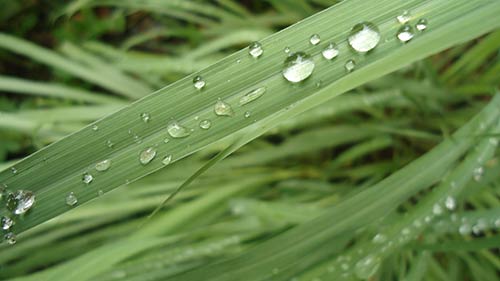
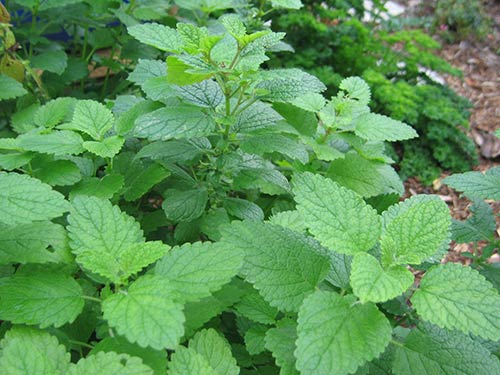
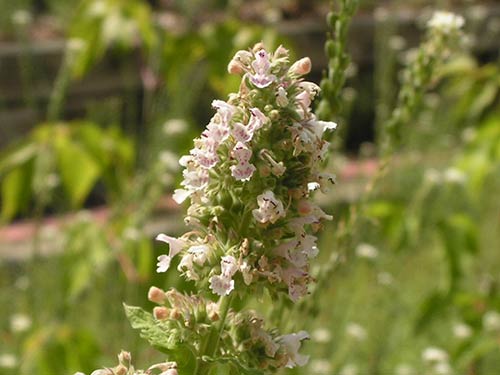

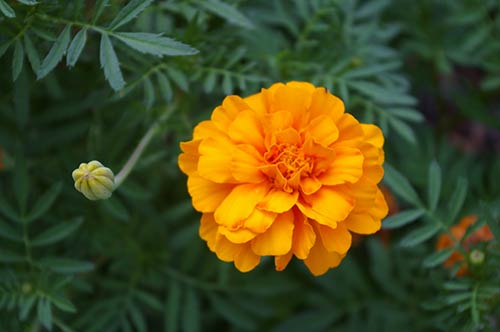






2 comments
Pingback: 7 Plants to Rid You of Pesky Mosquitos
Pingback: 7 Easy to Grow Mosquito-Repelling Plants